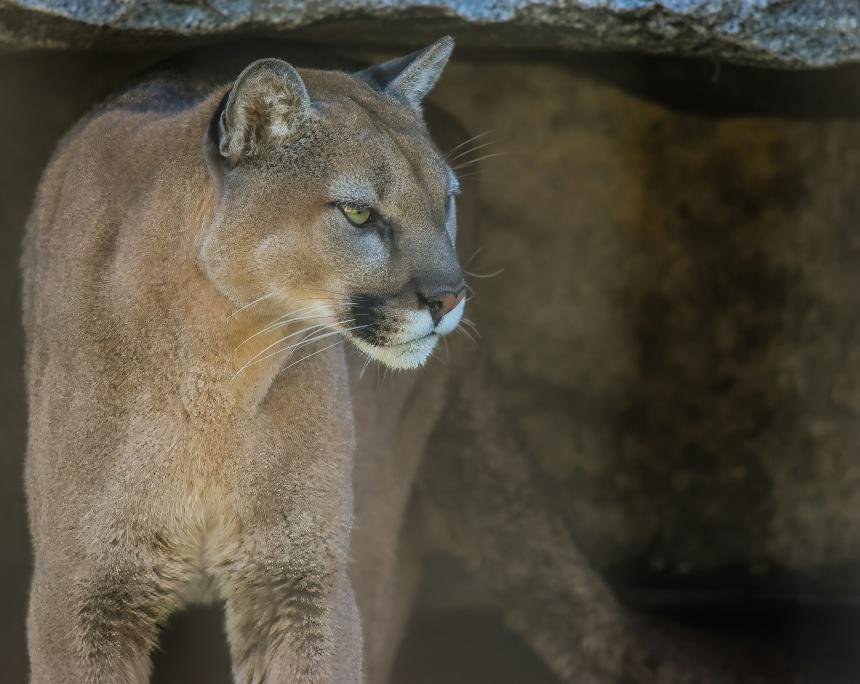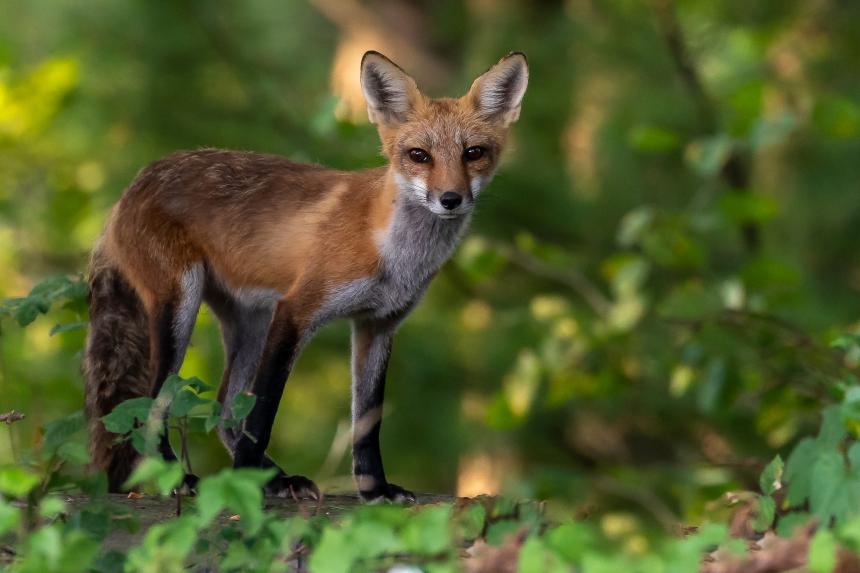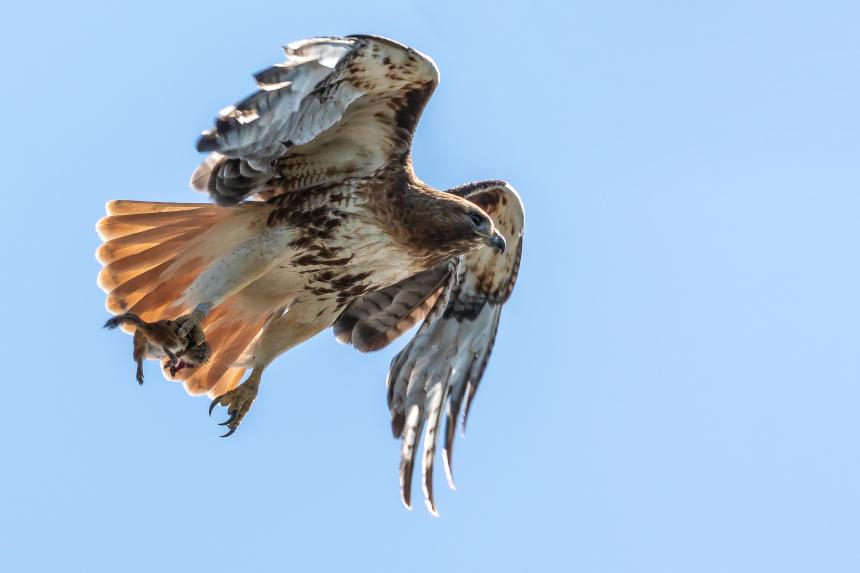News

September 06, 2024
A cougar in Colorado was found to be infected with a fatal neurologic syndrome called staggering disease. This is the first confirmed case of the disease in North America among wildlife or domestic animals. Cornell's Dr. Elizabeth Buckles comments on the implications of this diagnosis.

September 03, 2024
Diseases cross over from animals to people very rarely, with less than a tenth of one per cent of animal viruses ever successfully making the leap. And yet from another perspective the crossovers are common, with more than two-thirds of emerging diseases in humans having animal origins. Cornell's Dr. Beth Bunting weighs in on these zoonotic diseases.

August 27, 2024
New York state lawmakers announced $19.5 million in capital funding to the New York State Veterinary Diagnostic Laboratory to expand the Animal Health Diagnostic Center at Cornell.

Podcast
August 22, 2024
Tigers, leopards and now one-horned rhinos. Dr. Martin Gilbert studies them all. As a wildlife veterinarian and epidemiologist at Cornell, Dr. Gilbert has investigated infectious diseases and mysterious mass die-offs all over Asia. Check out this latest podcast featuring his work.
Blog
August 19, 2024
Serving as the veterinarian for the CWHL keeps me on my toes, and July has been no exception! On a given day, I might be coordinating with our DEC or regional partners, working on a paper or grant, giving a presentation, mentoring interns or students, and/or working out in the “field” on a wildlife health project....

August 14, 2024
Cornell's Drs. Raina Plowright, Amandine Gamble, and Krysten Schuler were awarded a grant from Cornell Atkinson’s Academic Venture Fund for their project: Integrating Primary Pandemic Prevention into mainstream policy, funding, and practice through One Health spillover investigation.

August 09, 2024
Households caught and consumed a far more diverse array of fish than they sold at market, which has important implications for how loss of biodiversity might affect people’s nutrition, especially for those with lower incomes.

August 05, 2024
Supertoxic rodenticides are building up inside unintended targets, including birds, mammals, and insects. Scientists, including Cornell's Dr. Cynthia Hopf, want to understand the damage—and limit it.

July 30, 2024
Artist and activist Brett Blumenthal BArch '96, MBA '04, visited Cornell University in April 2024 to share her perspectives on the power of art to communicate, inspire, and transform conservation efforts.

Blog
July 19, 2024
As an extern at the Cincinnati Zoo and Botanical Garden’s Center for Conservation and Research of Endangered Wildlife, Cornell DVM student Natalie Smith learned how reproductive medicine can help conservation efforts for big cats.
